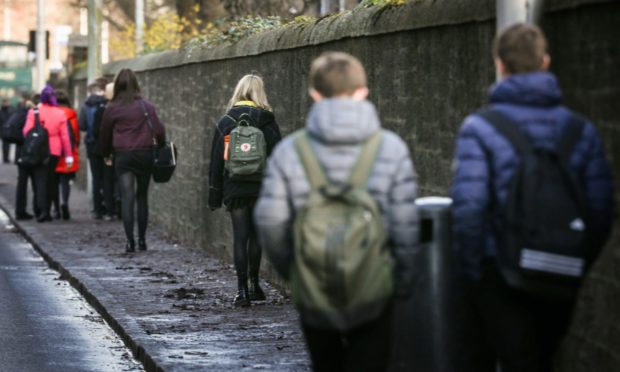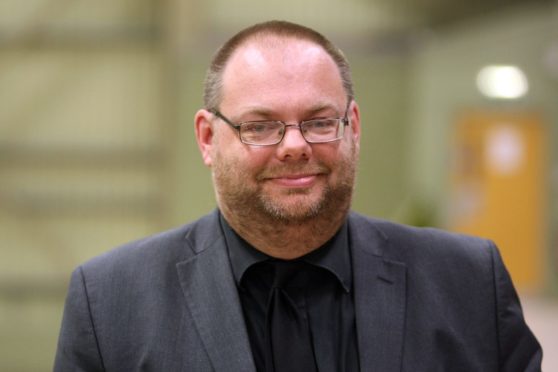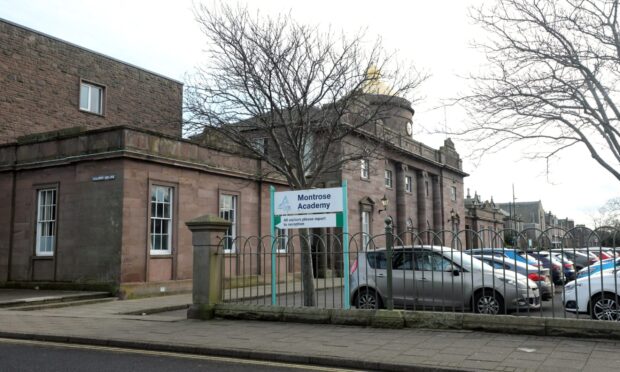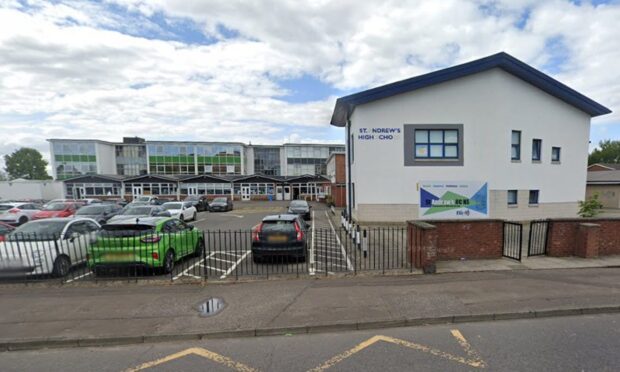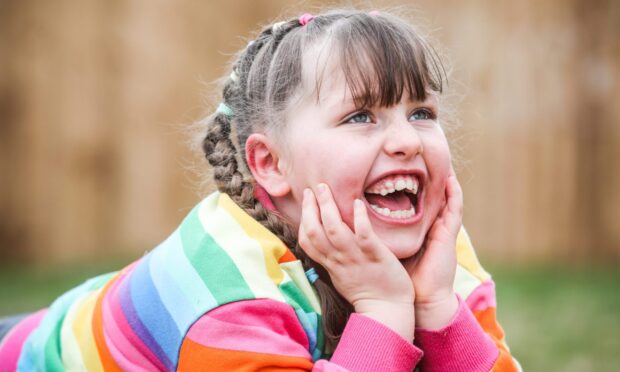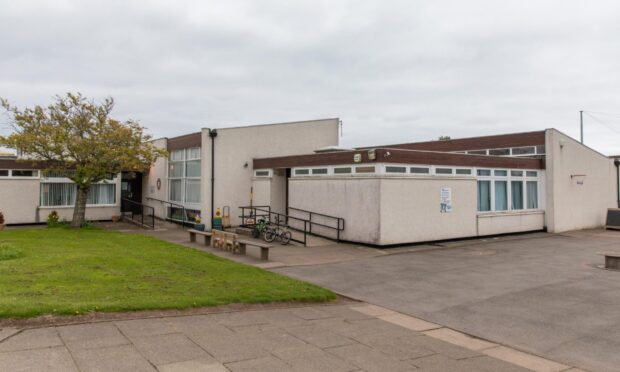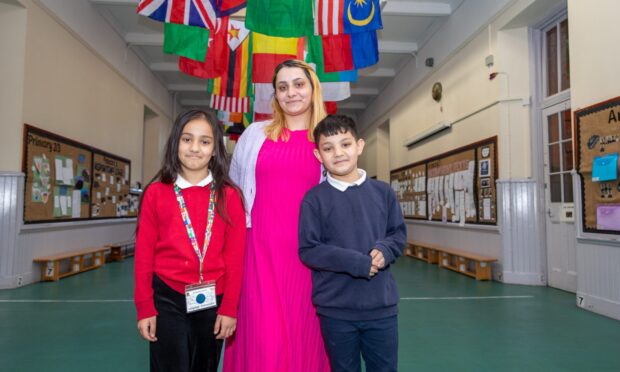Tayside pupils aged 10 and over are benefitting from in school counselling to help them deal with issues such as anxiety and the coronavirus pandemic.
More than 450 pupils have had one-to-one sessions with a counsellor since March 2021.
The service was launched in November as part of the Tayside regional collaborative between local authorities in Dundee, Angus and Perth and Kinross who have teamed up to support children and families.
The support offered to young people will also continue throughout the school holidays.
It means children can access support as soon as they need it instead of waiting for an appointment.
It is part of a multi-million pound plan by the three councils to tackle mental health issues as a report outlined by Dundee City Council revealed anxiety, worry about schools work and exams, loneliness and a sense of support works no longer existing were the top concerns for local pupils.
It’s been really beneficial for our young people and it will be even more beneficial as we go through recovery from the pandemic as well.”
Councillor Stewart Hunter
The pandemic is understood to have exacerbated mental health issues and Dundee’s chief education officer, Audrey May, says the counselling could not have come at a better time for pupils.
The city was already offering counselling for pupils as part of the Scottish Government’s attainment challenge.
However the tri-council plan has meant a co-ordinator has been appointed to ensure children across the three local authorities are being supported in the best way.
The roll-out was met with a host of challenges of implementing the service during the pandemic.
That includes problems with maximising virtual engagement with for various reasons including privacy and communication.
Feedback from schools and providers suggested that the use of drop-in sessions and group work would increase as there was a physical return to school.
Stewart Hunter, children’s convener for Dundee, said: “Counselling is really important because we recognise that for some young people it isn’t just about what goes on in school from 9am until 3pm.
“It’s about other things that can be going on in their lives and some of the things happening with their family, for example.
“It’s been really beneficial for our young people and it will be even more beneficial as we go through recovery from the pandemic as well.”
